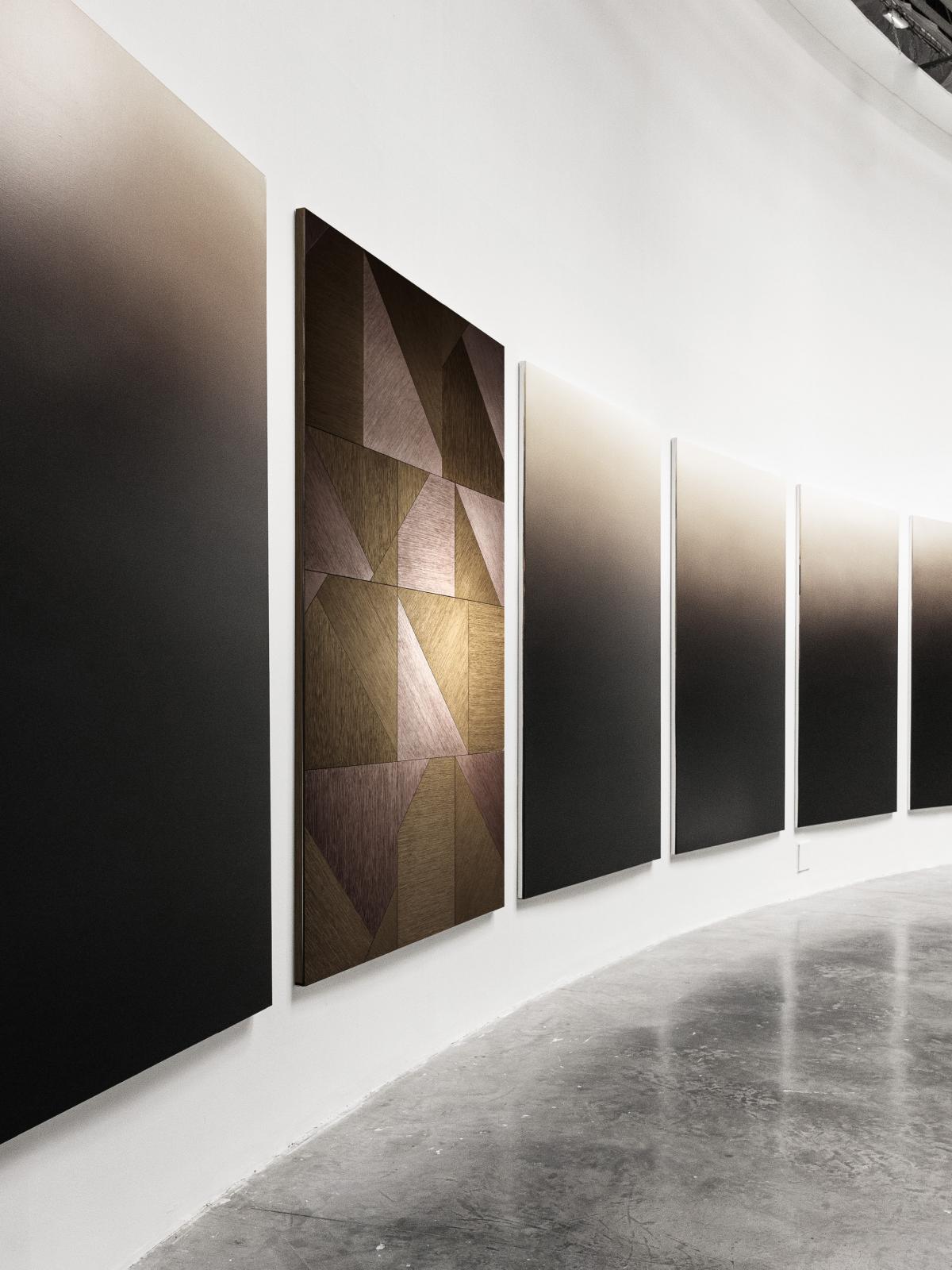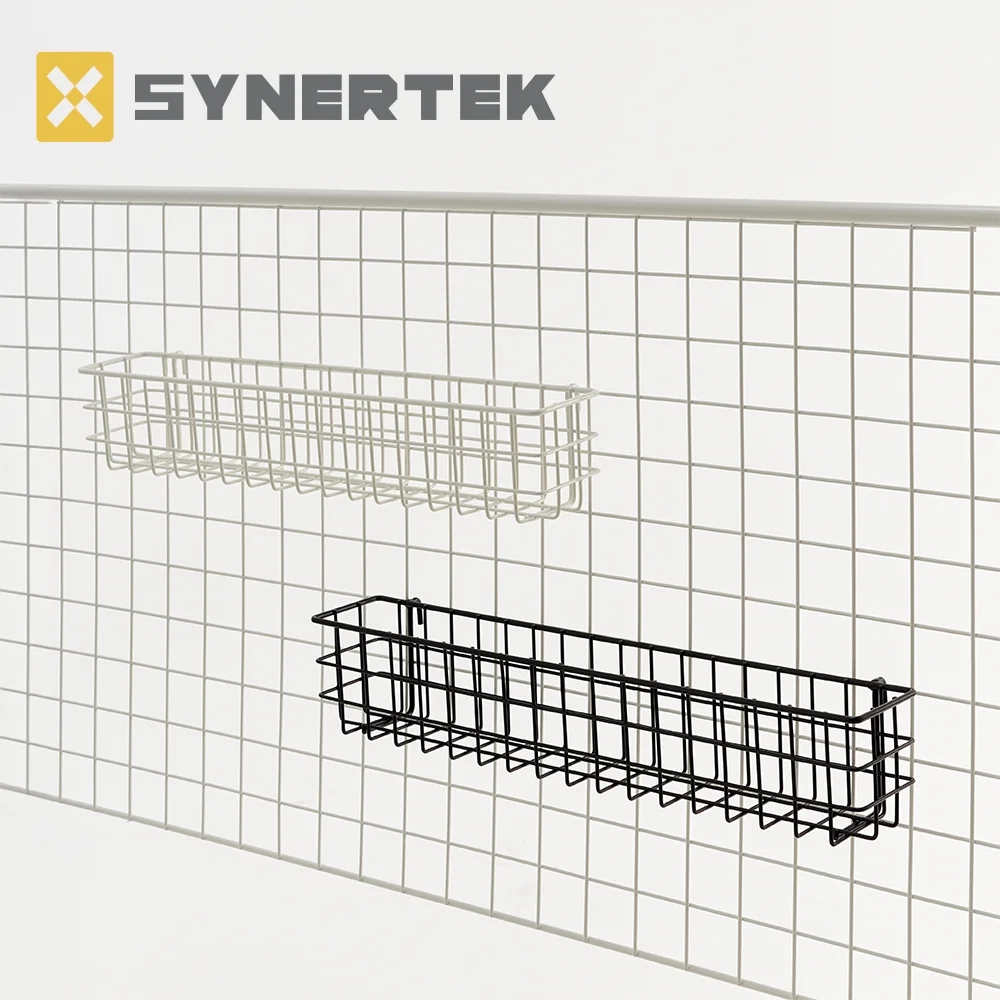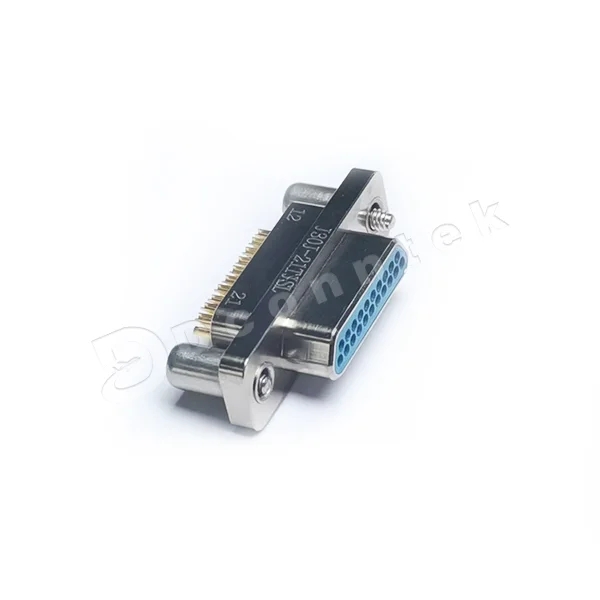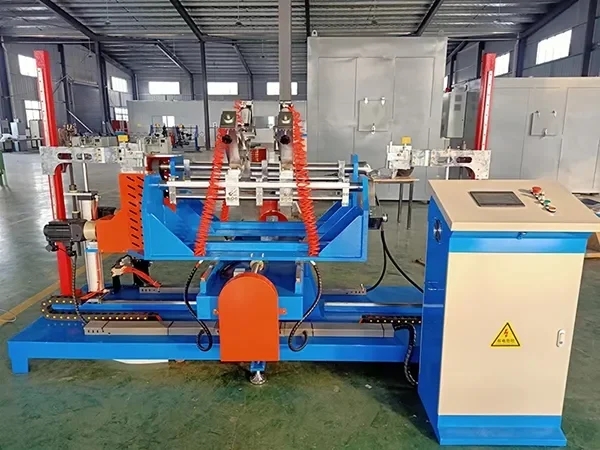
Exterior walls play a crucial role in protecting our homes or buildings from external elements, ensuring structural integrity, and enhancing energy efficiency. With an array of options available in the market, it can be challenging to determine the best choice for your specific needs. In this comprehensive guide, we will explore various factors to consider and unveil the optimal option for exterior walls that aligns with the latest trends and technological advancements.
- Understanding the Importance of Exterior Walls:
Exterior walls serve as the first line of defense against weather conditions, including rain, wind, and extreme temperatures. They also contribute to the overall aesthetics and curb appeal of a structure. Moreover, exterior walls impact energy efficiency, sound insulation, and durability. Considering these factors, it is crucial to choose the best option for your exterior walls. - Traditional Options:
a) Brick and Masonry: Renowned for their durability and timeless appeal, brick and masonry walls offer excellent thermal mass, fire resistance, and low maintenance. However, they can be expensive and time-consuming to install.
b) Wood: Wood siding provides a natural and warm aesthetic, but it requires regular maintenance and is susceptible to rot, pests, and fire hazards. - Modern Alternatives:
a) Fiber Cement: Combining the durability of cement with the versatility of wood, fiber cement siding offers exceptional resistance to rot, pests, and fire. It is available in various textures and can mimic the appearance of wood or brick.
b) Vinyl: Vinyl siding is a popular choice due to its affordability, low maintenance, and wide range of colors and styles. However, it may not offer the same level of durability as other options.
c) Metal: Metal cladding, such as aluminum or steel, provides excellent durability, weather resistance, and design flexibility. It is often used in contemporary or industrial-style buildings. - Innovative Solutions:
a) Insulated Concrete Forms (ICFs): ICFs offer superior insulation properties, energy efficiency, and soundproofing capabilities. They consist of interlocking foam blocks filled with concrete, providing a durable and well-insulated exterior wall system.
b) Structural Insulated Panels (SIPs): SIPs are prefabricated panels composed of an insulating foam core sandwiched between two structural boards. They offer excellent thermal performance, quick installation, and design flexibility. - Emerging Trends:
a) Green Walls: With a growing focus on sustainability and biophilic design, green walls or living walls are gaining popularity. These walls incorporate vegetation, providing insulation, air purification, and aesthetic appeal.
b) Photovoltaic (PV) Walls: PV walls integrate solar panels into the exterior cladding, harnessing solar energy while maintaining the functionality of traditional walls.
Conclusion:
Selecting the best option for exterior walls requires careful consideration of factors such as durability, aesthetics, maintenance, energy efficiency, and budget. While traditional options like brick and wood have their merits, modern alternatives such as fiber cement and metal offer enhanced durability and design possibilities. Innovative solutions like ICFs and SIPs provide superior insulation and construction efficiency. Additionally, emerging trends like green walls and PV walls offer sustainable and energy-efficient options. By evaluating these options based on your specific requirements, you can make an informed decision to ensure a high-quality and long-lasting exterior wall system for your property.






